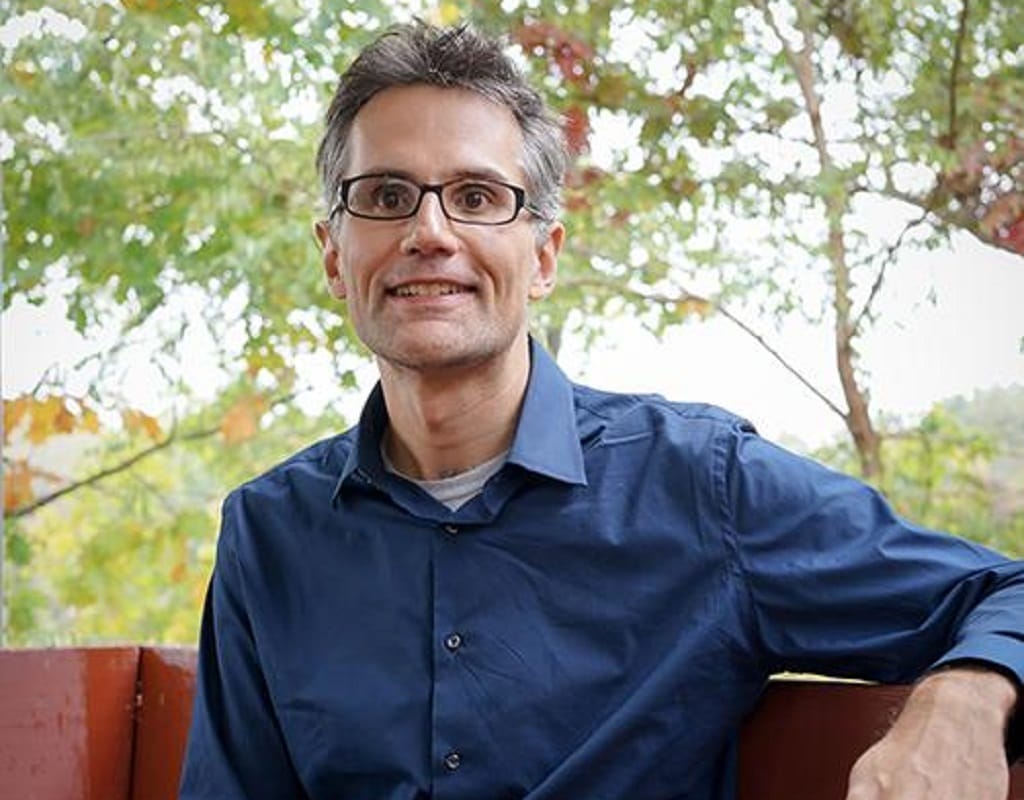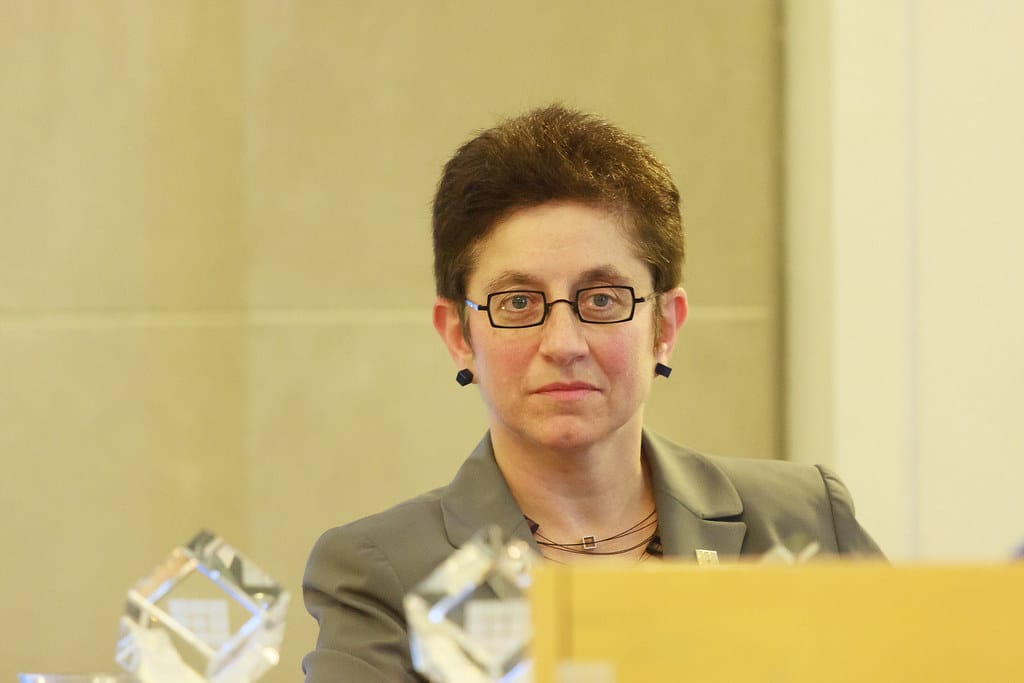Fearing Rate Shock, Free Press Defends Rosenworcel on USF Forbearance
Free Press chose in recent days to underscore that it is in full agreement with the chairwoman.
Ted Hearn

WASHINGTON, April 10, 2024 – To those in favor of federal regulators imposing new fees on broadband subscribers, Free Press has a simple message: Count us out.
Free Press – a progressive advocacy group in tenacious pursuit of Net Neutrality regulations and a public ally of FCC Chairwoman Jessica Rosenworcel – continues to distance itself from policies that would prop up the $8.1 billion Universal Service Fund on the backs of millions of Internet users.

Although Free Press enunciated its position several times in the past, it chose in recent days to underscore that it is in full agreement with Rosenworcel that now is not the time to burden internet users with new end-user fees.
What’s the hold up? Rate shock. Like Rosenworcel, Free Press sees monthly broadband bills soaring if the USF contribution base were to include broadband ISPs for the first time in history.
“To include [broadband Internet access service] (BIAS) (without further work and protections) would significantly shift the USF contribution burden away from businesses and towards individuals and families – with as much as a $4 billion annual wealth transfer from consumers to giant corporations,” Free Press Vice President of Policy Matthew F. Wood said in a filing to document an April 5 meeting with Hayley Steffen, Legal Advisor for Wireline and Space issues to FCC Commissioner Anna Gomez.
Some D.C. telecom insiders think the USF issue is in play and major edits are coming to the draft Net Neutrality rules released by the FCC on Thursday. It’s possible Free Press communicated via video with the FCC a day later to nail down Gomez’s vote on USF.
Wood met separately on April 5 with the FCC’s Wireline Competition Bureau Chief Trent Harkrader, whose bureau prepared the draft Net Neutrality regulations ahead of the agency’s April 25 meeting when the rules will be formally adopted.
The Affordable Broadband Campaign, led Greg Guice and Gigi Sohn, believe USF reform pegged to new sources of revenue could mean that the USF could serve as a stable source of funding for the $14.6 billion Affordable Connectivity Program, which runs out of full funding on April 30.
 Broadband BreakfastJericho Casper
Broadband BreakfastJericho Casper
Free Press, however, objects to that approach based again on cost concerns.
“It also would result in tremendous monthly price increases for households subscribing to BIAS and other telecommunications services – of anywhere from $2 up to nearly $18 per month – especially if the [FCC] were to undertake efforts to increase the size of its affordability support program in order to approach the enrollment numbers and dollar amounts of the Affordable Connectivity Program,” Free Press said.
Government policy that increased broadband bills could erase retail pricing trends in recent years. NCTA - The Internet & Television Association, a trade group for large broadband ISPs, said in a report this week that when adjusted for inflation, broadband service costs nearly 8% less today than three years ago.
In draft Net Neutrality rules, the FCC said it would classify broadband ISPs as telecommunications service providers under Title II of the Communications Act. The first sentence of Section 254(d) in the same law says telecommunications service providers are required to contribute to the USF.

But the FCC said, “We find it appropriate – as the [FCC] previously found in 2015 – to forbear from the first sentence of section 254(d) and our associated rules insofar as they would require new universal service contributions to be assessed on BIAS service to end users.”
The reaction was instant. Sohn published an article the next day urging the FCC to reconsider and “start a proceeding to sustain and expand the USF through contributions by additional communications networks. It almost goes without saying that broadband companies should contribute to the fund …”
NTCA, a group with ISP members that have a strong rural profile, filed comments last December saying USF forbearance for broadband ISPs was unwarranted. NTCA has members who tap into the USF’s $4.5 billion High Cost Fund, the largest USF program.
“It appears that the [Net Neutrality] draft order would essentially cut off further consideration by the FCC of how to ensure essential universal service programs are on sounder financial footing, at least for now,” said NTCA CEO Shirley Bloomfield in an April 5 statement.










Member discussion